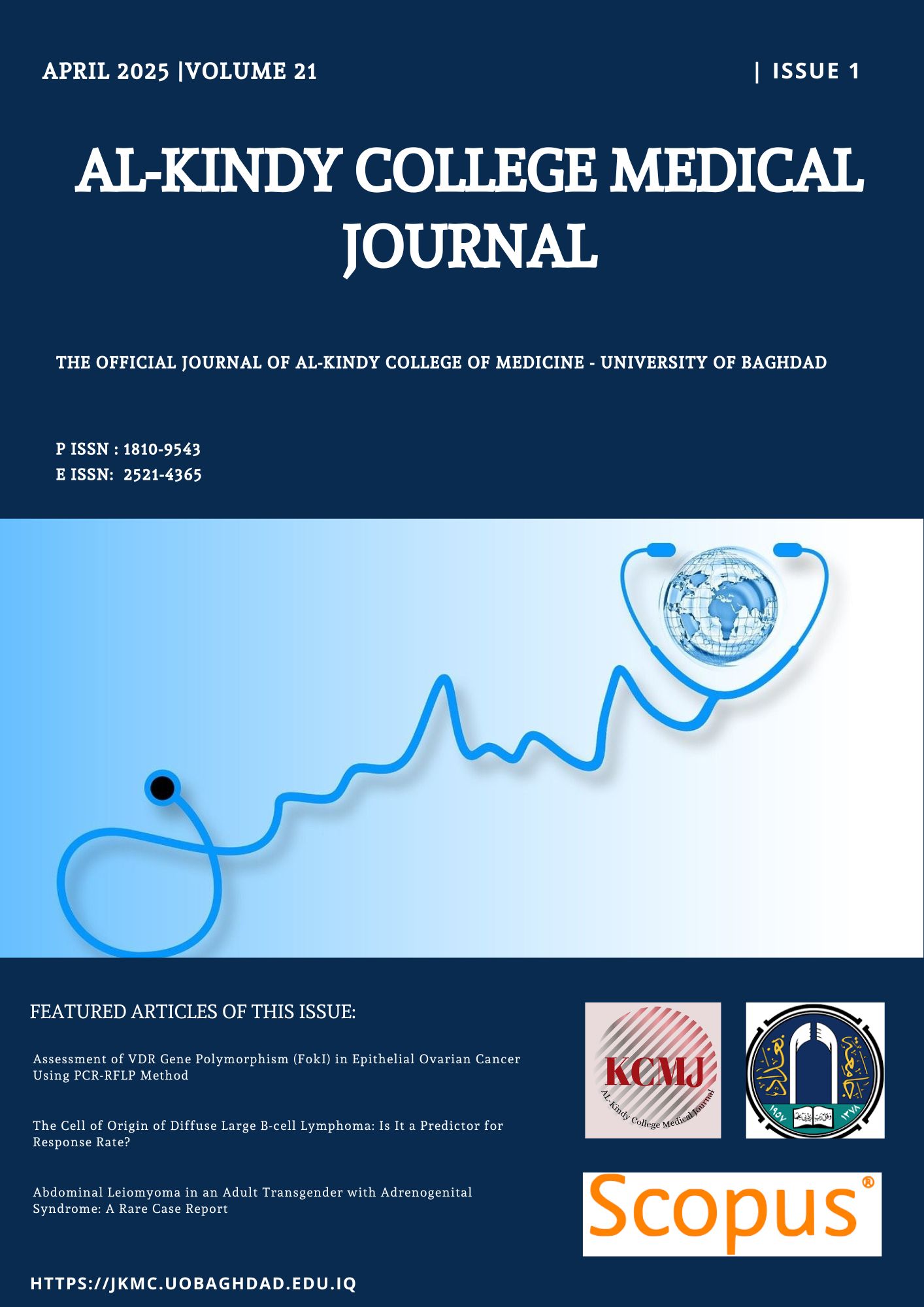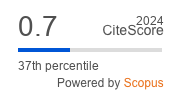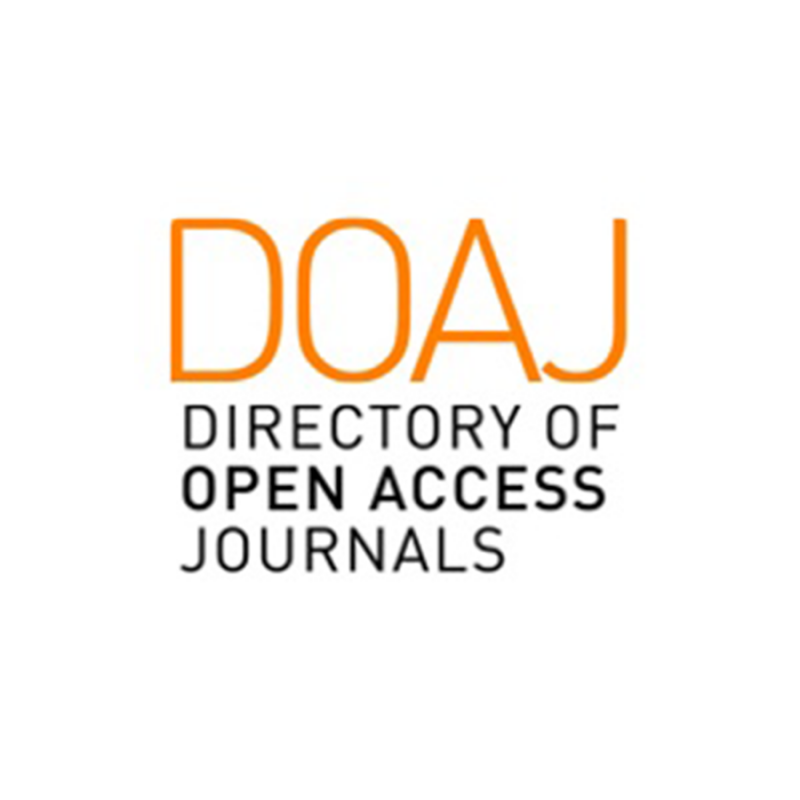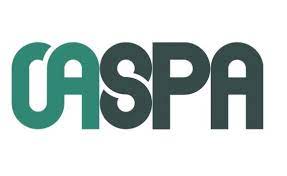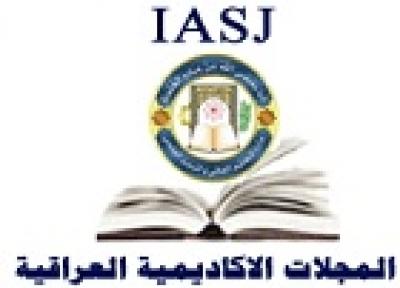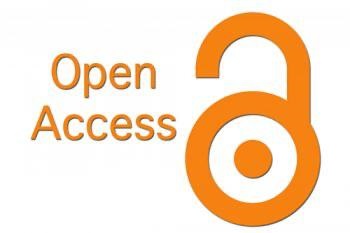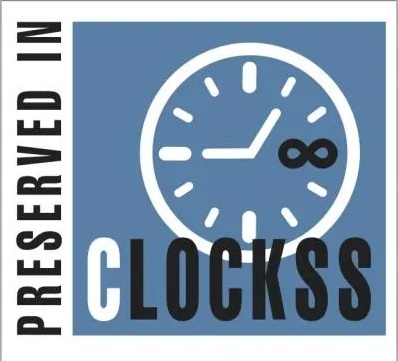Effectiveness and Safety of Highly Purified Human Menopausal Gonadotropin in Hyper Responder Iraqi Females Undergoing Intracytoplasmic Sperm Injection
DOI:
https://doi.org/10.47723/kzzes928Keywords:
recombinant follicle-stimulating hormone, highly purified human menopausal gonadotrophin, ovarian hyper stimulation syndrome, Pregnancy rateAbstract
Background: The response to ovarian stimulation in females is heterogeneous, so treatment individualization offers both safety and efficacy. The use of highly purified human menopausal gonadotrophin (HP-hMG) during controlled ovarian stimulation is widely accepted nowadays but with absence of evidence demonstrating the advantages of this gonadotrophin.
Objective: To evaluate the efficacy and safety of highly purified human menopausal gonadotrophin vs. recombinant follicle-stimulating hormone (rFSH) in controlled ovarian hyperstimulation for hyper responder females undergoing intracytoplasmic sperm injection.
Subjects and methods: Eighty- one sub-fertile females who were admitted to the infertility center of High Institute for Infertility Diagnosis and Assisted Reproductive Technologies/ Al- Nahrain university, during the period from January 2020 to December 2023 were included in the present study. GnRH antagonist down regulation was used for all participants. According to gonadotrophin type used for ovarian hyperstimulation females were divided into 2 groups: group who was stimulated with r- FSH and the other group who were stimulated with HP-hMG.
Results: Females who were stimulated by r-FSH showed insignificantly higher total number of retrieved oocytes, mature oocytes and lower immature oocytes yield. In addition, they had a significantly higher pregnancy rate (29 % vs 0%), and higher OHSS rate (26.08% vs 16.66%), compared to those stimulated by HP-hMG.
Conclusion: In hyper responders; highly purified human menopausal gonadotrophin provides lower efficacy but higher safety than recombinant follicle-stimulating hormone in terms of oocyte yield, pregnancy rate and OHSS development
Downloads
Published
Issue
Section
License
Copyright (c) 2025 AL-Kindy College Medical Journal

This work is licensed under a Creative Commons Attribution 4.0 International License.

